UK's Warring Political Tribes Call Truce, But Will It Last?
Just 48 hours after mourning British MPs issued emotive appeals for political civility, Prime Minister Boris Johnson appeared impatient to go on the attack in parliament.
As Johnson spoke on Wednesday, outside, a handful of protesters erected a mock gallows, accusing MPs of "treason" in imposing lockdowns and launching vaccination programmes against the coronavirus pandemic.
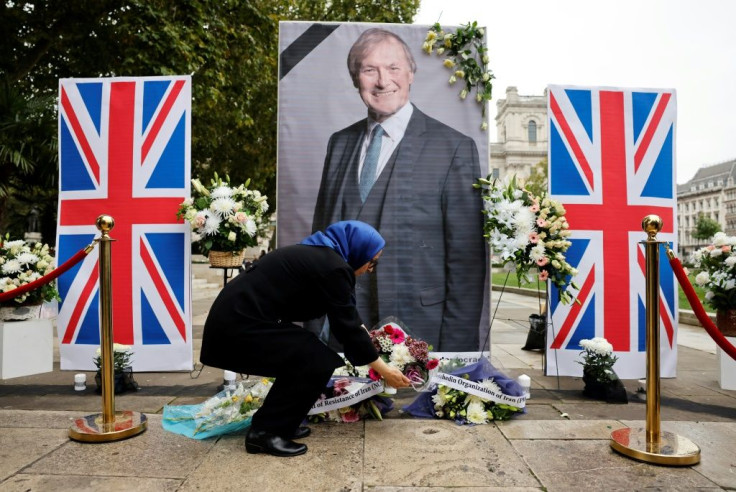
The day before, an anti-vaccination mob had swarmed around senior cabinet minister Michael Gove on a street near parliament. Nearby police officers scrambled to protect him.
The killing last week of Conservative MP David Amess has prompted soul-searching among his colleagues from all sides as to why there is so much anger in the political air.
Covid-19 has poured fuel on the fire that has simmered since Britain's Brexit 2016 referendum encouraged warring tribes, among politicians and the public, to pursue no-holds-barred tactics.
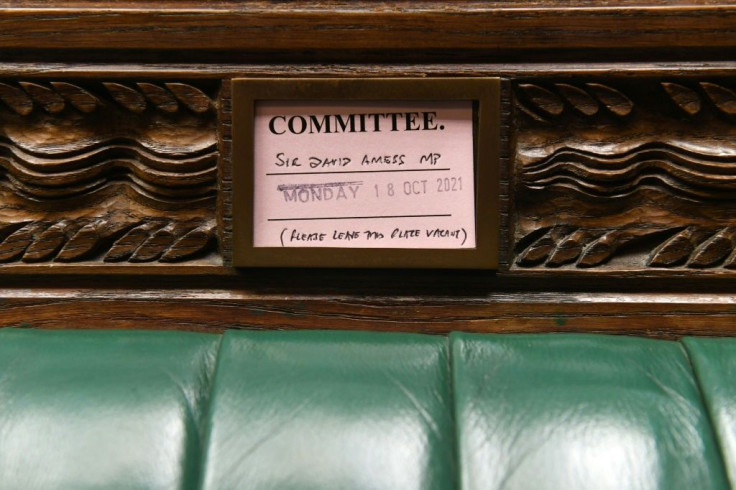
A 25-year-old man arrested on suspicion of stabbing Amess to death is reportedly a Briton of Somali heritage, and police have labelled it a terrorist incident.
But there appears to be a realisation among many lawmakers, including former Conservative leader Iain Duncan Smith, that the broader political discourse has become dangerously toxic.
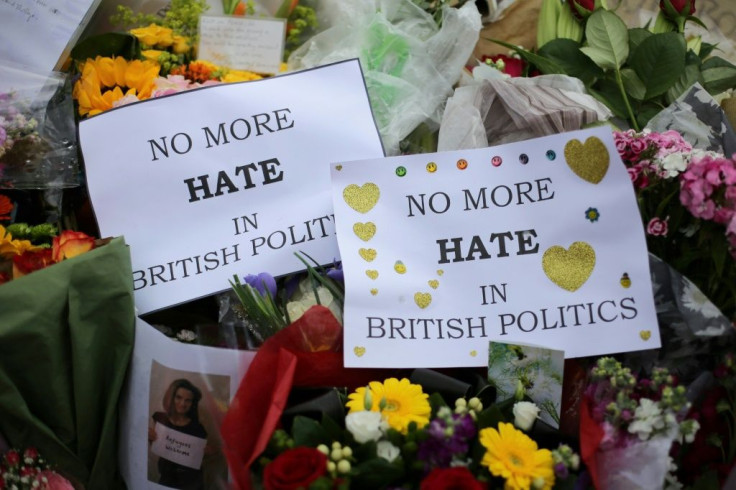
"We need to be very careful, this is a lesson to us that we need to be careful here what we legitimise in what we say about our colleagues. They are not evil people," Duncan Smith told the House of Commons.
"Nobody in this chamber is an evil individual, they have strong beliefs," the pro-Brexit MP said, echoing a statement by Amess' family who urged people to "set aside hatred and work towards togetherness".
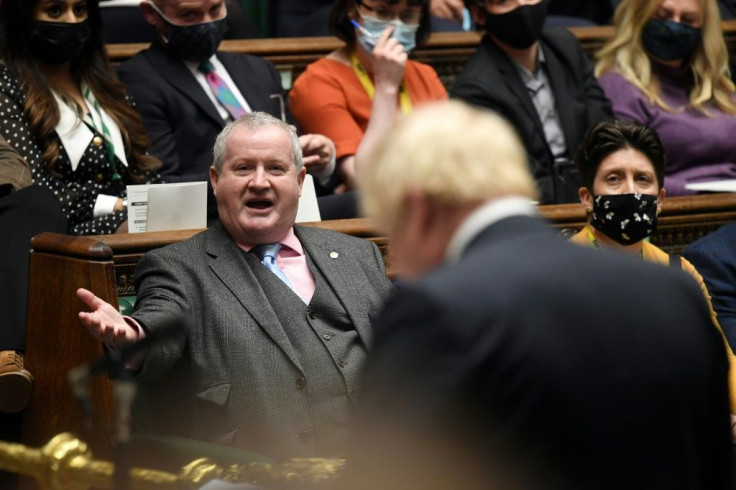
The killing followed the murder of Labour MP Jo Cox by a far-right extremist just before the 2016 referendum. Since then, women in particular in public life have reported an unceasing stream of threats.
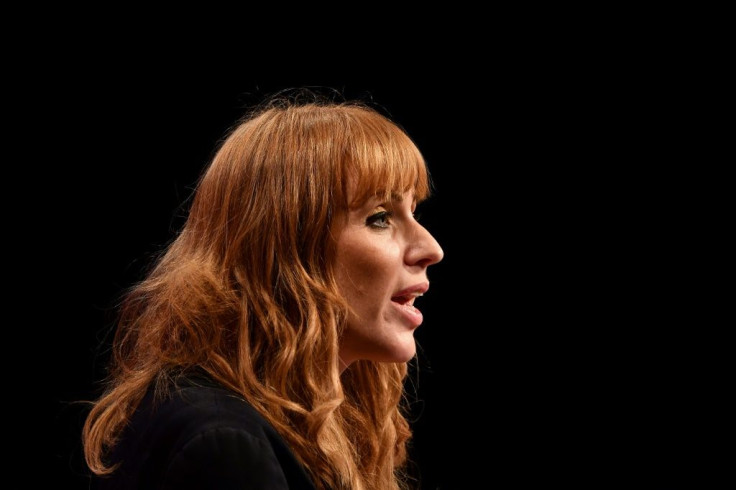
International Trade Secretary Anne-Marie Trevelyan recalled one person threatening to burn down her house with her children inside.
That individual was arrested, she said, but many MPs say the police have done next to nothing on other threats.
On Monday, as MPs paid tribute to Amess, several pointed to social media as the turbo-charging catalyst for the hatred, and urged the government to use forthcoming legislation on "online harms" to clamp down harder.
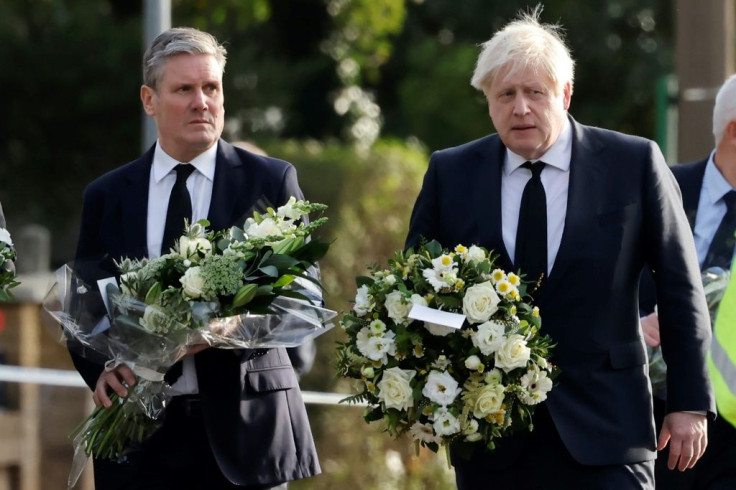
At the weekly session of Prime Minister's Questions in the Commons, opposition Labour leader Keir Starmer told Johnson that he would maintain a "collegiate spirit" in light of Amess' death.
But when he pressed the government to ensure the online legislation includes "criminal sanctions" against directors of social media companies, Johnson sought to turn the tables on Labour.
"What we hope for also, is that no matter how tough the proposals we produce, that the opposition will support it," he exclaimed, provoking sighs of exasperation from the Labour benches at his partisan tone.
If online radicalisation and rampant misogyny are again under scrutiny, so too are politicians' own words and actions, not least Johnson's.
The prime minister has a long trail of offensive statements on the books against women, gay men, black people and Muslims among others.
In his speech to the Conservatives' annual conference this month, Johnson renewed a polarising offensive against Labour revolving around "culture wars" about history, race relations and gender politics.
Labour's deputy leader Angela Rayner refused to apologise recently for calling Conservative party members "scum" until Johnson did the same for his past comments.
But Remi Adekoya, a politics lecturer and expert in political discourse at York University, said the ultimate responsibility to detoxify UK politics lies at the top.
"If we've learned anything about Boris Johnson, he gauges what's going to benefit him politically and keep him as alpha leader of his tribe, and that means using provocative language," Adekoya told AFP.
"But you don't need to get noticed any more if you're the prime minister. He's reached the top already, and has a huge responsibility to be as civil and as calming as normal," he said.
Labour MP Rupa Huq for one hopes for a new mood to prevail, urging colleagues on Monday to follow Amess' example in "being less cross and more cross-party".
But Adekoya was sceptical.
"I don't doubt the good intentions of those calling for a rethink. But the dynamics are so skewed in favour of polarisation, these kinds of truce won't last," he said.
"We'll be back to normal before long."
© Copyright AFP {{Year}}. All rights reserved.





















